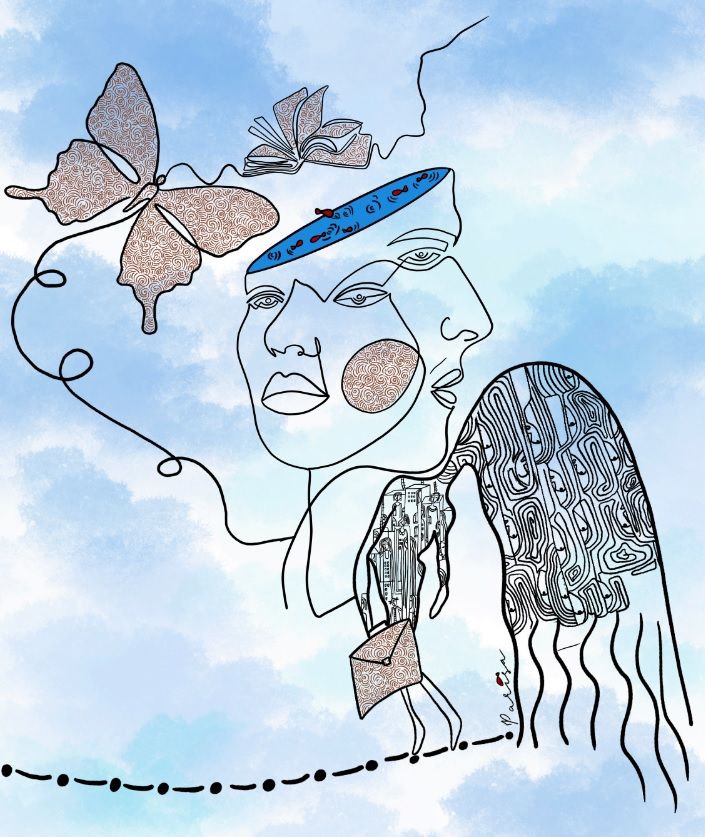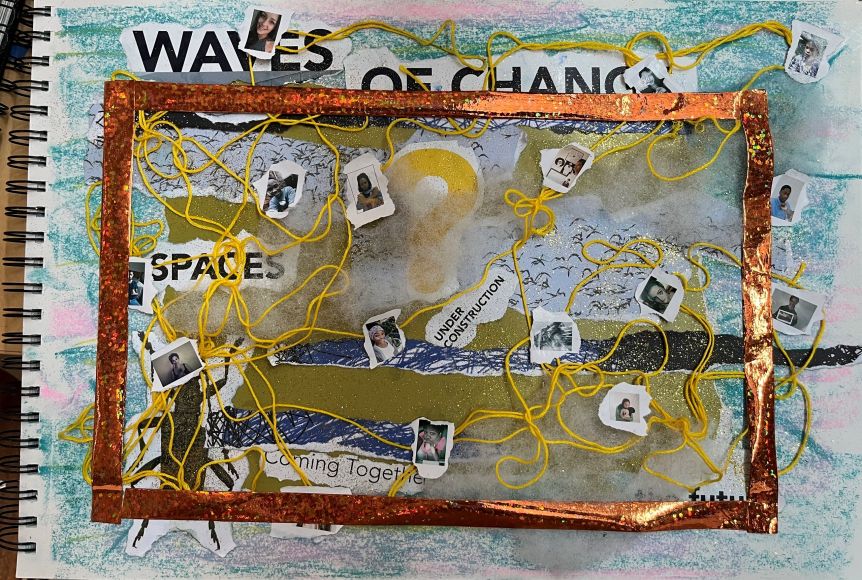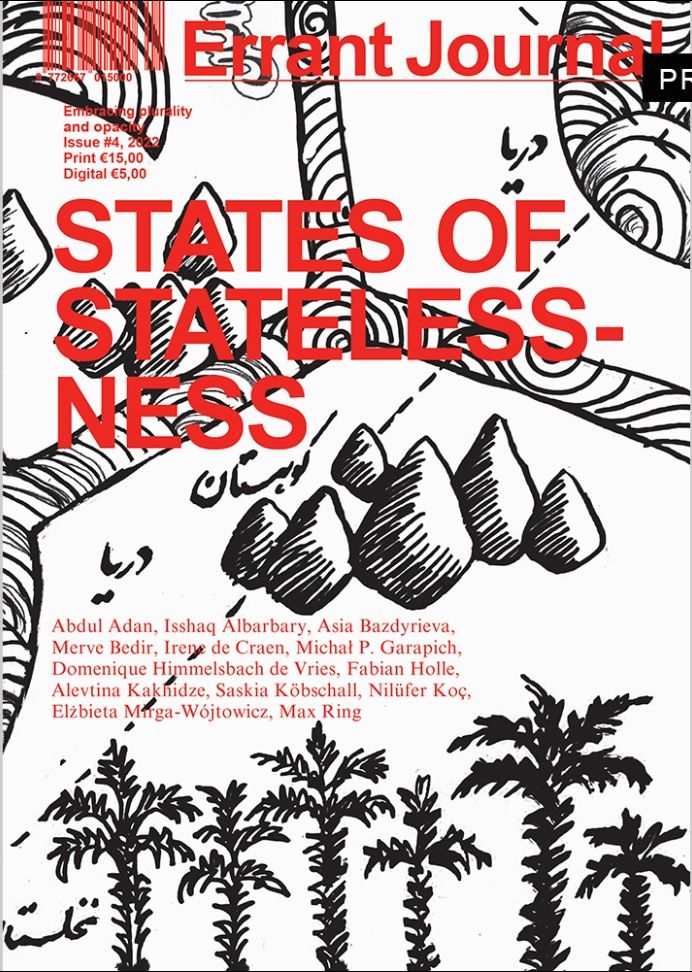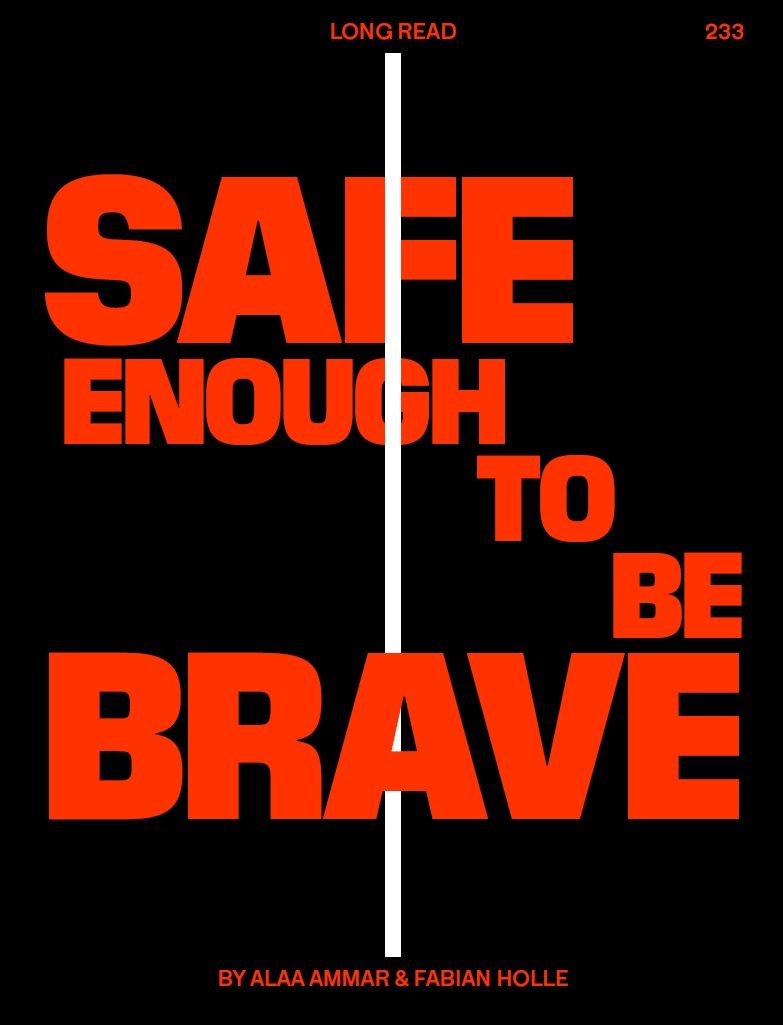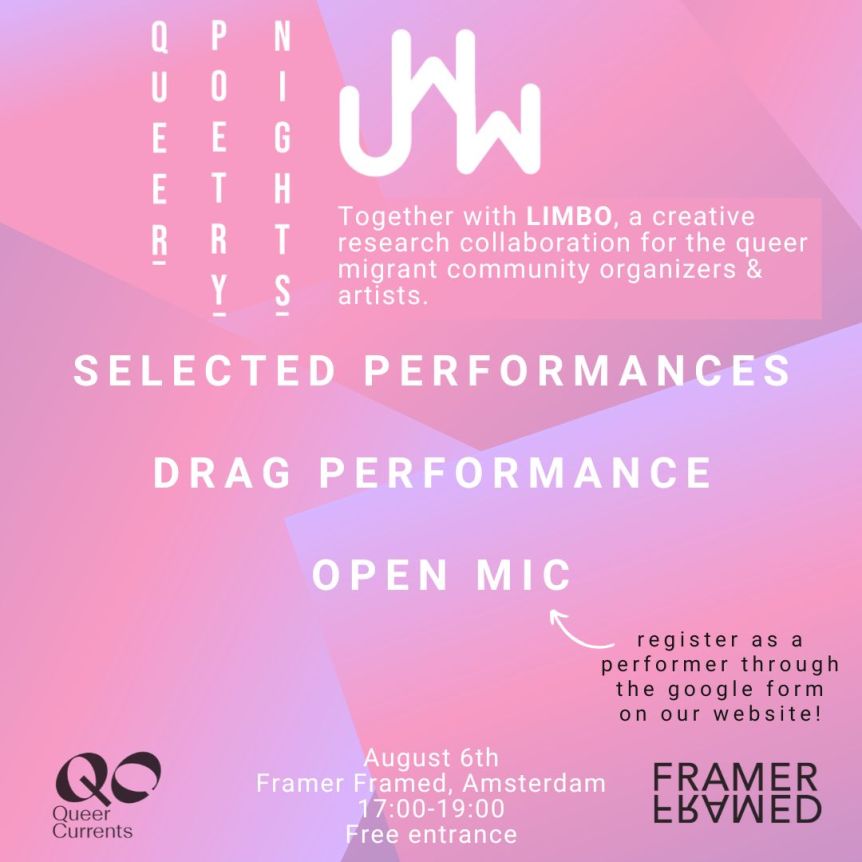African homemade recipes in times of pandemic
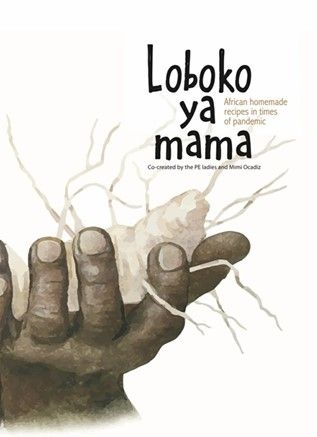
The freshness of cassava leaves.
The texture of deep-fried dough.
The aroma of ginger and garlic spread over fish skin.
The heat of spices: cinnamon, black pepper, cardamom.
Are there enough adjectives, in any language, to describe just one bite of a meal cooked by a loved one? What words could contain all the sensations, emotions and memories that are at the heart of food that feeds the soul?
That is how the recipe book Loboko ya Mama: African homemade recipes in times of pandemic opens as a co-created effort between eight forced migrant women in South Africa and I, PhD candidate Miriam (Mimi) Ocadiz.
The book is a result of Food for Change, an initiative within Engaged Scholarship Narratives of Change that addressed a key concern raised by forced migrant during the COVID-19 pandemic, namely having access to sufficient and satisfying food in times of crisis. The project consisted of an online dialogue between eight forced migrant women from Uganda and the Democratic Republic of Congo living in Gqeberha, South Africa, who used texts, videos, photos, and voice memos to illustrate how they cooked and shared meals of their choice.
Together, the women and I decided to transform Food for Change into a recipe book that safeguard and disseminated their culinary wisdoms with a broader audience. As a result, we proudly present sixteen homemade recipes that bring the readers to different culinary traditions, from Ghana to South Africa, to the DRC and Cameroon. In the spirit of co-creation, we followed the playful and intuitive cook style of each woman, enriching the cooking instructions with different languages and adding humour to describe meals that makes them feel at home.
The book stands as an expression of co-creation as the women were part of the editorial process. They selected all recipe, co-curated description of ingredients and cooking techniques, and participated in designing the book’s layout. We also counted with the support of Henrietta Nyamnjoh and Catherina Wilson who kindly wrote the preface and prologue of the book.
Each page is thus the result of a collaborative effort to present the women as rightful, resourceful and resilient holders of culinary knowledge. That is why the book displays self-description and portraits each lady pre-selected. Loboko ya Mama, which can be translated as ‘mother’s hands’, is a book about eight forced migrant women who are capable to sense and share nourishment, enjoyment and connectivity through delicious meals!
The book has been published by the editorial Langaa Research & Publishing. A hard copy can be purchased via the editorial, African Book Collective or Amazon. A free eBook version can be downloaded here (98 MB PDF), or flip through the pages here.

